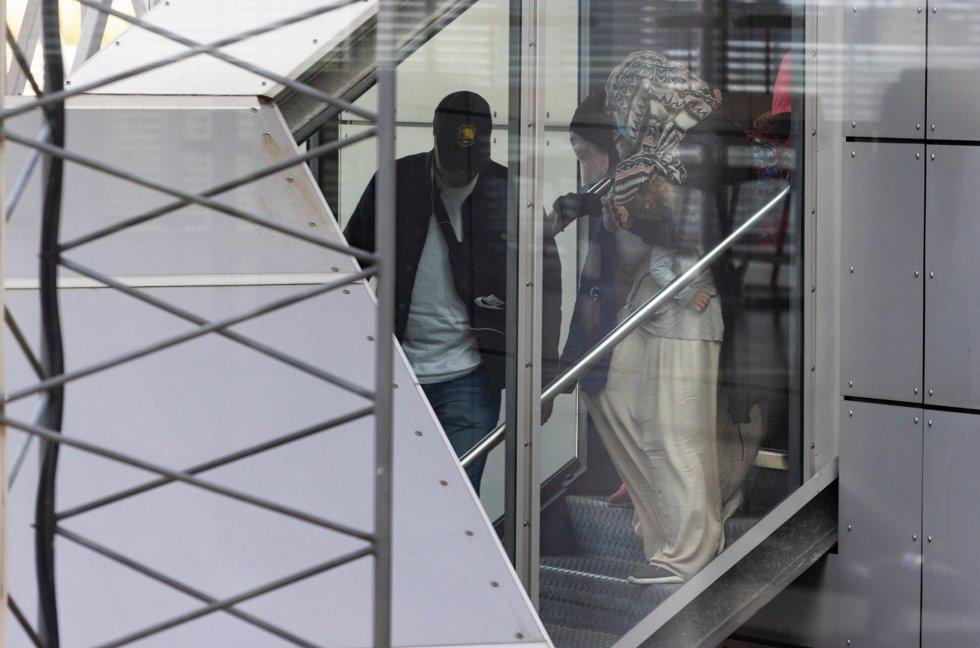The Constitution provides for a specific term for convening the National Assembly, it is one month. However, it does not envisage a specific deadline for dissolving the National Assembly
12 days after the BSP received the mandate to form a cabinet, it returned it today without being executed by the president. Their talks with other political parties to form a cabinet failed. Initially, the party’s leader Kopnelia Hinova made a request that she would hold the mandate as long as possible – until the deputies approve the budget update. After from “There is such an attack”, “Democratic Bulgaria” and “Correct it, BG! We are coming!” refused to negotiate with the BSP to form a regular government.
The party’s national council has decided: the mandate will be returned today. Thus, the ball remains in the court of the president, who must dissolve the 46th National Assembly and set a date for new early parliamentary elections. And the big question remains – whether they will be in a 2 in 1 format with the presidential or will be held on different dates.
After the BSP returns the third term, President Rumen Radev must dissolve the National Assembly and set a date for new parliamentary elections. However, he does not have much time for this, as he has constitutional deadlines ahead of him. Simona Veleva, a doctor of constitutional law, commented on the topic in the studio of “The Day Begins” on BNT.
“The constitution provides for a specific deadline for convening the National Assembly, it is one month. However, it does not provide for a specific deadline for dissolving the National Assembly. This is because we see the palette of constitutional cases we have been in all year,” she said.
According to her, the purpose of the Constitution is to have a reasonable deadline for the president to dissolve the National Assembly, and with the decree dissolving the National Assembly, we must have a date for new parliamentary elections within two months.
“The constitution stipulates that in the last three months of the president’s term, that is, from October 22 onwards, the parliament, whoever he is, whether he has managed to elect a government or not, cannot be dissolved. The idea of the constitution is not to it so happened that we are at the end of the president’s term and in the same time frame we have neither a parliament nor a president, “Veleva said.
This week, next week or at the latest, the parliament must be dissolved. Veleva is adamant that a new presidential decree is needed, even if the cabinet is the same. The government has a continuity of mandate.
“I think that even now he is the longest-running in our recent history. What impresses me very much in the current parliament, with all its peculiarities and expectations that were towards it, is that it really “It has restored the spirit of parliamentarism in the sense that there is constant parliamentary control. I have not seen an honest government that goes to parliamentary control so often,” she said.
–


